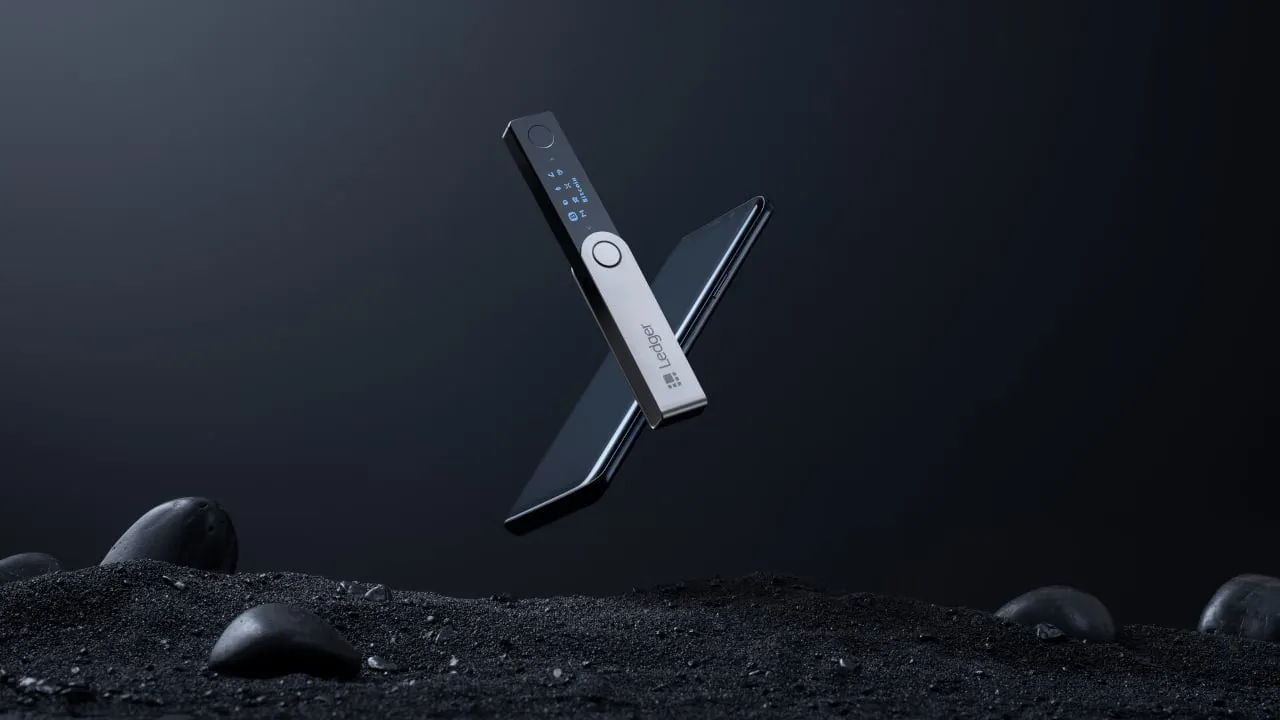A contentious new feature has been added onto all Ledger hardware wallet devices. On Tuesday morning, the announcement had Crypto Twitter buzzing.
Although advertised several weeks back in a Wired article, today’s release brought the fire from the crypto community. The feature in question is Ledger Recovery, an ID-based private key recovery service would allow users to backup their private seed phrase directly to their personal identity through three different custodians. The service will cost $9.99 per month.
A seed phrase is a list of words which store all the information needed to recover the cryptocurrency in your hardware wallet, if it’s lost or stolen. But remembering the 12-word phrase—typically made up of random words—can be challenging. So most people either write it down or store it in a flash drive, or other storage device.
Despite the company adamantly stating that this is a voluntary service, and users can continue to back up their seed phrases themselves, Ledger owners are still unsettled over what this means for the hardware wallet company's security.
Is there actually a backdoor in Ledger now?
The company claims there is no backdoor on its devices, and that this is an entirely opt-in service. That means if users don’t opt-in, it will have no effect on their Ledger devices.
Nicolas Bacca, co-founder of Ledger, spoke during a Twitter Space with several other Ledger executives. He was adamant that “this is not a backdoor at all, because nothing will happen without your consent on your device.” He also said the update does not increase attack vectors on Ledger wallets.
But there's been a lot of debate on Twitter over whether just the possibility of opting into the service presents its own security risk.
"The code path to send private key material over the internet will be on your device, whether you opt in or not," wrote Twitter user 0xfoobar. "Hackers can take advantage of this, and software bugs more likely to leak. Ledger’s business trajectory is one of wanton disregard for customer safety."
Solana co-founder Anatoly Yakovenko weighed in, saying he doesn't think much has changed about owning a Ledger device implying that users trust the company not to access their private keys.
"If you trusted them before not to exfiltrate your keys, you can trust them now not to do it when that feature is off," he wrote on Twitter. "I think the attack surface is about the same."
Should I switch wallets?
Which wallet to use depends on each individual user. It relies on your level of knowledge of proper private key management and personal responsibility.
Some users prefer paper wallets and others go mobile-first. Hardware wallets are recommended for safely storing large amounts of crypto, with some choosing joint custodial solutions–which refers to having three or more associated private keys, requiring a certain number of them (two of three, for example) in order to authorize a transaction. It stops any one person from unilaterally authorizing a transaction.
Given Ledger Recover is an opt-in service, users that decide not to use it, will not experience any changes to their seed phrase management on their devices.
What other hardware wallets are available?
There are a number of different hardware wallets on the market, each with their unique designs and security features.
For Bitcoin-only users, the main options are: Passport (by Foundation Devices), ColdCard, and BitBox02.
For all around crypto users, the main alternatives to Ledger are: Trezor, CoolWallet, and KeepKey.
Why do people use hardware wallets?
Hardware wallets are physical devices that store your private keys in a secure offline environment. They are considered by security and Bitcoin experts around the world as the safest option for guarding your crypto.
Whether you should buy one is a personal question, although famed Bitcoin educator Andreas M. Antonopoulos explains that “if you have more crypto than you would be upset to lose, you should use a hardware wallet.”
When it comes to crypto custodial options, everything comes down to personal preference.
Charles Guillemet, CTO at Ledger, said today on Twitter, that “this update is for my mother, for example, who isn’t comfortable with storing her private keys herself”, adding that the company is and will always be “security and self-custody maxis.”
Today’s newest addition to the Ledger stack will not affect those who don’t opt-in, although the timeless adage “do your own research” seems to be more prevalent than ever.

